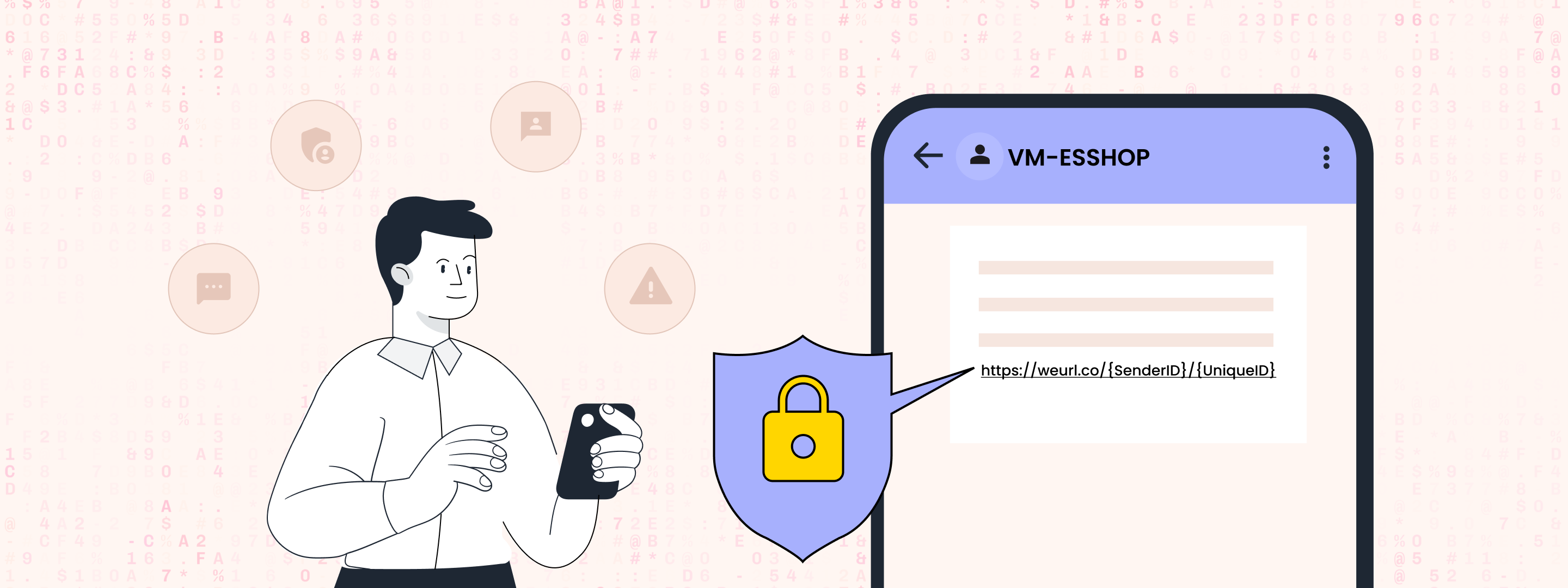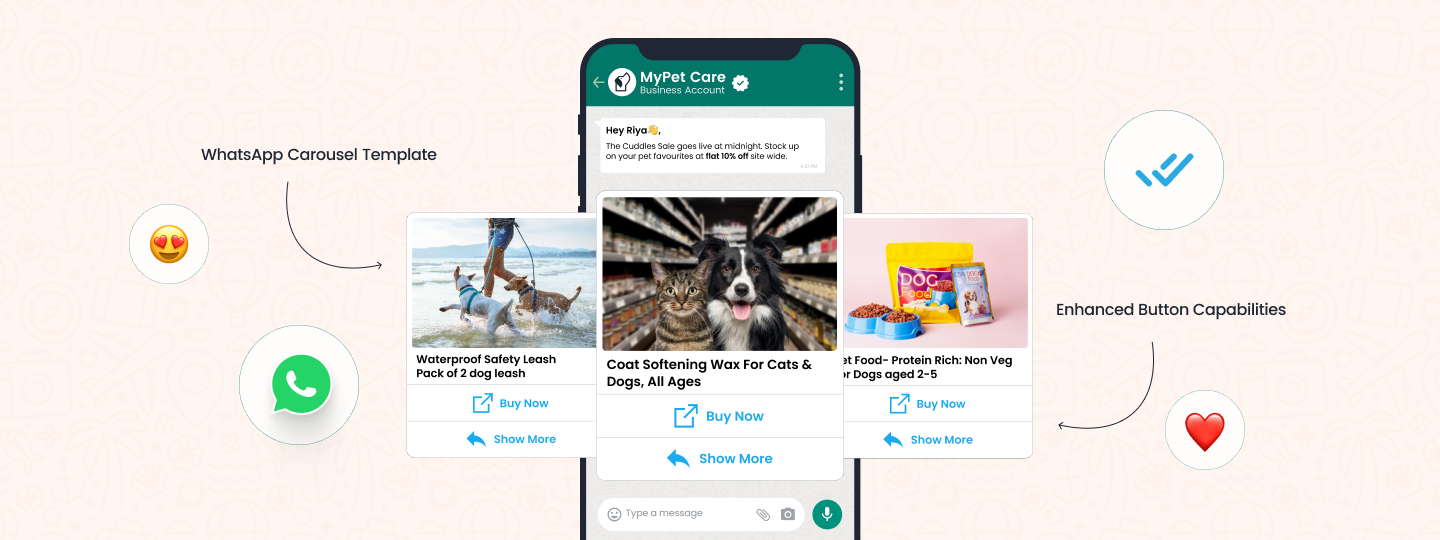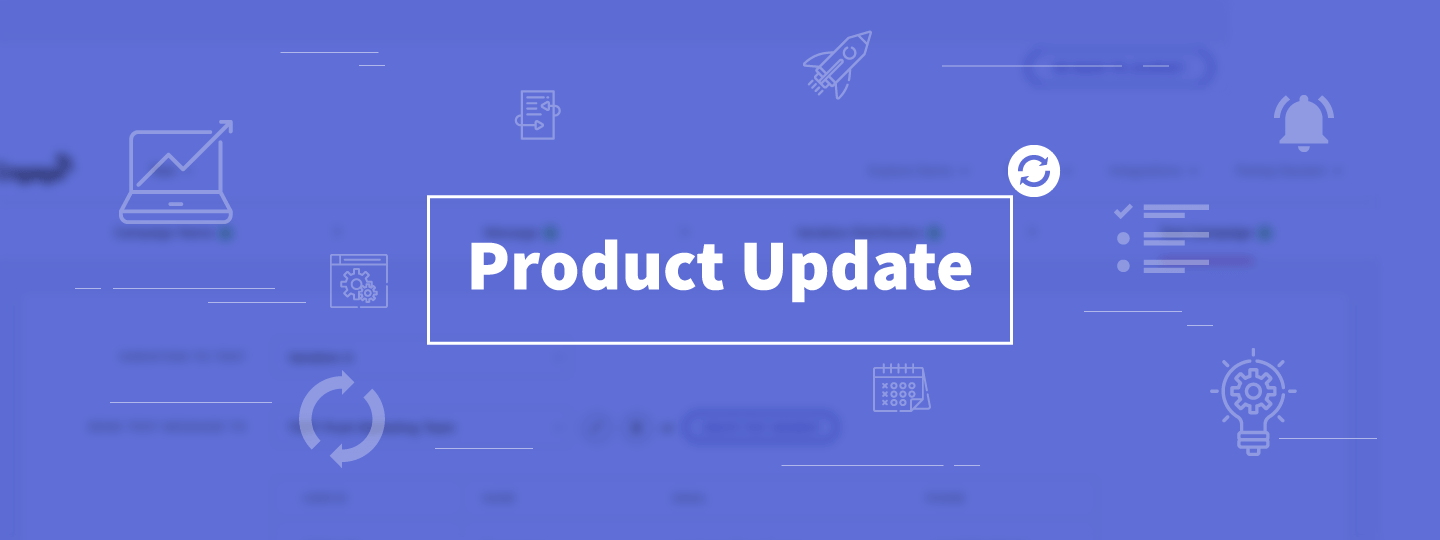As CMOs, we’ve grown accustomed to relying heavily on analytics platforms like Google Analytics and Mixpanel to measure campaign success. These powerful tools offer quick insights into clicks, conversions, and immediate customer actions. But you’re not alone if you’ve ever wondered why, despite all the promising data, the real business impact doesn’t always align neatly with your analytics dashboards.
Increasingly, marketers are discovering that traditional click-based attribution methods miss critical elements of the consumer journey—elements that often define a campaign’s true success.
Click-Based Attribution: Powerful but Partial
Platforms like Google Analytics and Mixpanel thrive on click-through attribution. If a customer clicks a link and converts immediately, that’s straightforward enough. But real-world consumer journeys are rarely linear. Consider these common scenarios:

An industry survey from Nielsen (2022) found that 37% of online purchases influenced by marketing didn’t directly result from immediate click-throughs but were driven by delayed brand recall and indirect engagement.
Enter Universal Control Groups: The Quiet Revolution in Attribution
Some forward-thinking marketers are quietly embracing a different methodology — Universal Control Groups (UCG)—to understand campaign effectiveness at a deeper level. Rather than measuring only those who click or interact immediately, a UCG involves deliberately holding back a portion of your audience from receiving any campaigns. By comparing the conversion behaviour of this “control” group to those exposed to your marketing efforts, you gain a clear, unbiased baseline of true incremental impact.
Why Universal Control Groups Reveal True Marketing Impact
The power of a UCG lies in its simplicity and objectivity. By creating a baseline, marketers can isolate the real impact of their strategies, accounting for organic trends, seasonal spikes, external events, and even indirect brand influence.
For example, a leading e-commerce apparel brand recently conducted an internal study using UCG methodology. They discovered that their widely used click-based attribution analytics undervalued push notification campaigns by as much as 30% simply because the attribution model ignored indirect influences and delayed conversions (Internal Brand Study, Q1 2024).
Observations from the Trenches: Lessons for CMOs
Brands embracing UCG methodologies often uncover unexpected insights:
- A global insurance provider found through UCG analysis that users who merely saw their reminders but didn’t immediately interact were 25% more likely to convert within the subsequent month than those never exposed to campaigns (Internal Research, Insurance Industry, 2023).
- A popular food delivery service realised that 20% of conversions initially attributed to “organic” or “direct” visits were strongly influenced by prior email marketing campaigns (Internal Study, Food Delivery Sector, 2023).
Challenging the Status Quo: Moving Towards True Attribution
As marketing leaders, we must ask ourselves difficult questions:
- Are we accurately measuring the holistic impact of our multi-channel campaigns?
- Could we be underselling our marketing impact internally due to incomplete attribution?
- Are budget decisions compromised because we’re not capturing actual incremental lifts?
While click-based analytics have their rightful place, CMOs striving for more profound accuracy and strategic clarity must consider going beyond clicks to reveal the whole picture.
An Invitation to Rethink Attribution
It’s time we collectively recognised the limitations of purely click-driven attribution. Universal Control Groups aren’t merely another analytical tool—they’re a mindset shift toward measuring genuine business impact.
If you’re a marketer considering unlocking this deeper layer of insight, WebEngage’s Universal Control Group feature is one option explicitly designed for modern, complex marketing journeys. But whatever your choice, the critical step is recognising that proper attribution is not always found in the click—often, it lies beyond it.
Are you ready to see your campaigns from a new perspective?







 Harshita Lal
Harshita Lal
 Sanjay Mishra
Sanjay Mishra


